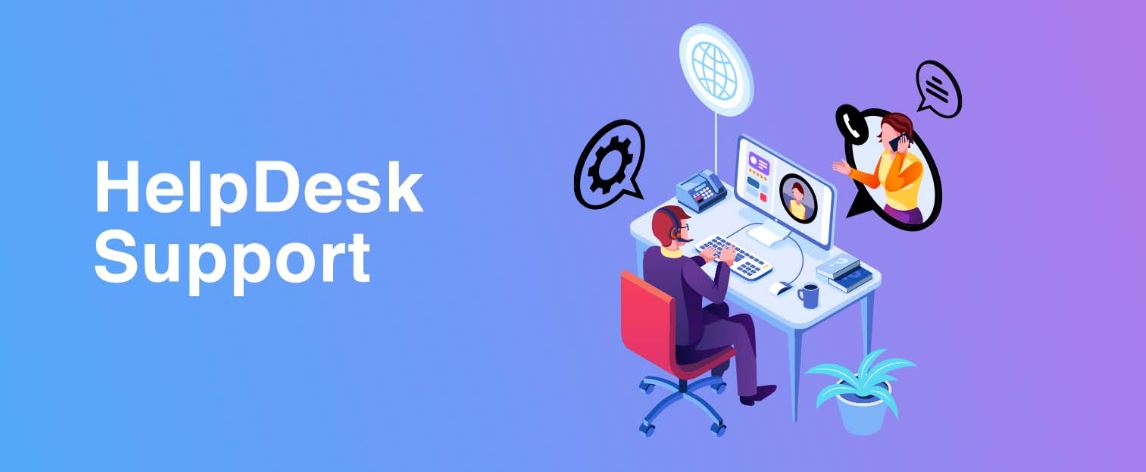Why Do Businesses Need a Customer Help Desk Software?
In today’s fast-paced business landscape, providing exceptional customer service is paramount.
Customers expect prompt and effective support when they encounter issues or have inquiries. This is where Customer Help Desk Software becomes invaluable. Let’s explore why businesses, regardless of their size or industry, need this essential tool.
1. Centralized Support Hub:
Customer Help Desk Software serves as a centralized hub for managing customer inquiries and support requests. It streamlines communication by consolidating all customer interactions, ensuring that nothing falls through the cracks.
2. Efficient Issue Resolution:
A well-structured help desk system allows businesses to assign and prioritize customer issues efficiently. Support teams can track the status of each request, ensuring that problems are addressed promptly.
3. Enhanced Customer Experience:
Quick and effective issue resolution leads to happier customers. When customers receive timely assistance, their satisfaction levels rise, and they are more likely to remain loyal to your brand.
4. Data-Driven Insights:
Modern help desk software is equipped with reporting and analytics tools. This enables businesses to gain valuable insights into customer trends, common issues, and support team performance. Such data empowers informed decision-making and process improvements.
5. Automation Capabilities:
Repetitive tasks, like assigning tickets or sending acknowledgment emails, can be automated with help desk software. This allows support teams to focus on more complex customer issues, increasing efficiency and productivity.
6. Multi-Channel Support:
Customers reach out through various channels, including email, chat, social media, and phone. A robust help desk system integrates all these channels, ensuring that no customer inquiry goes unanswered.
7. Consistent Service:
A customer help desk software enforces standardized processes and responses. This consistency in service ensures that customers receive the same level of support, regardless of which team member assists them.
8. Knowledge Base Access:
Most help desk software includes a knowledge base feature. This is a self-service resource where customers can find answers to common questions. It reduces the volume of support requests and empowers customers to resolve issues independently.
9. Scalability:
As businesses grow, their support needs evolve. Customer help desk software can scale with your organization, accommodating increasing customer volumes and support team expansions.
10. Integration Capabilities:
Many help desk solutions integrate seamlessly with other business tools like CRM systems, email platforms, and e-commerce platforms. This ensures that customer data and support history are easily accessible, facilitating personalized interactions.
11. Compliance and Security:
Help desk software often includes features to help businesses comply with industry regulations and data security standards. This is particularly crucial for organizations handling sensitive customer information.
12. Cost Efficiency:
While there’s an initial investment in implementing customer help desk software, it proves cost-effective in the long run. Improved efficiency, reduced response times, and increased customer satisfaction translate to a healthier bottom line.
In conclusion, businesses today operate in a customer-centric world. Meeting and exceeding customer expectations is not just good practice; it’s a necessity. A Customer Help Desk Software empowers businesses to deliver outstanding support, build stronger customer relationships, and ultimately thrive in a competitive marketplace. It’s no longer a luxury but a strategic tool for success.


